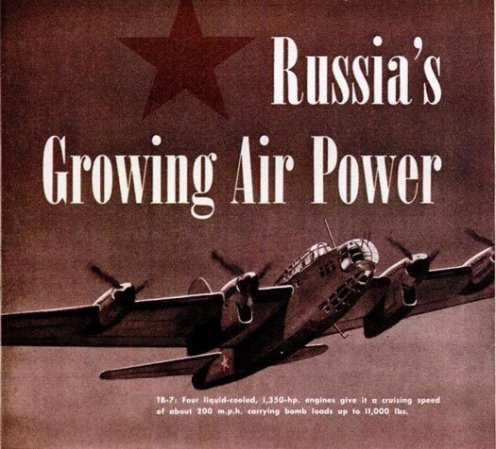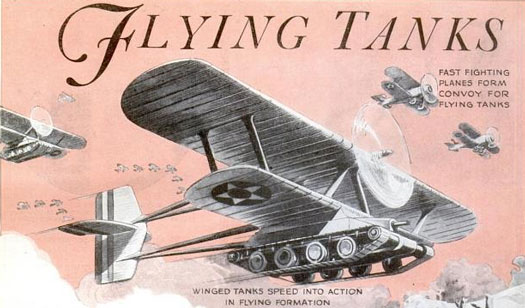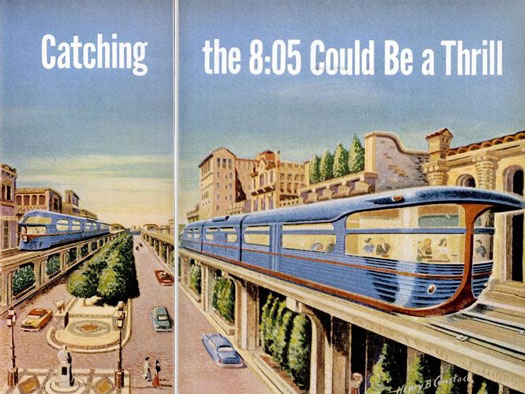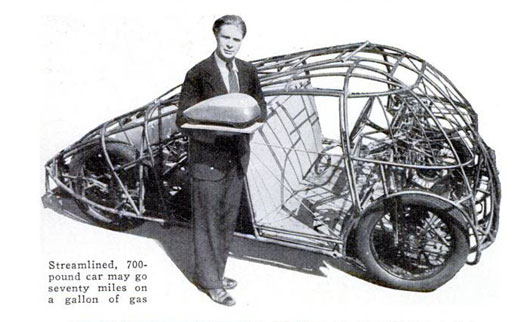

Throughout the 20th century, New York maintained a reputation for being the greatest city in the world. It housed the world’s tallest building, the most extensive subway system and a group of the world’s most creative minds. While the city strikes us as an aggressive, ambitious place, New York thrives on a sensr of nostalgia as much as of enterprise. What New Yorker hasn’t felt incensed upon seeing a mom-and-pop deli replaced by a CVS? Who hasn’t felt overcome with sentiment while beholding the Brooklyn Bridge on a summer evening? How fitting, given that we’re using our archives to tour old-school NYC this weekend.
Click to launch the photo gallery.
Much of our New York coverage concerns the city’s great, if not overpopulated, future. We correctly predicted that the city would eventually hold up to 20 million people on a given day, but we couldn’t conceive where all of them would live (keep in mind that this was before we imagined that people would commute from New Jersey each morning). One engineer proposed filling in the East River while creating three new islands in the New York Bay. Another suggested draining the the East River to create a boulevard between Manhattan and Brooklyn.
Within a decade, we began covering more realistic projects, such as the expanded subway system beneath Times Square, the Empire State Building’s new automatic “robot” elevators, and the newly high-tech Madison Square Garden above Penn Station. You can see all of these things today. The rocket-shaped Columbus Circle tower and the pint-sized subway conveyor cars, not so much.
Click through our gallery for more visions of a New York that never really came to pass.

















